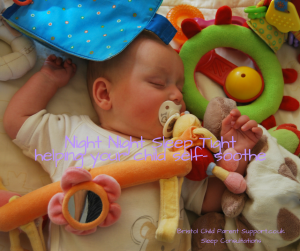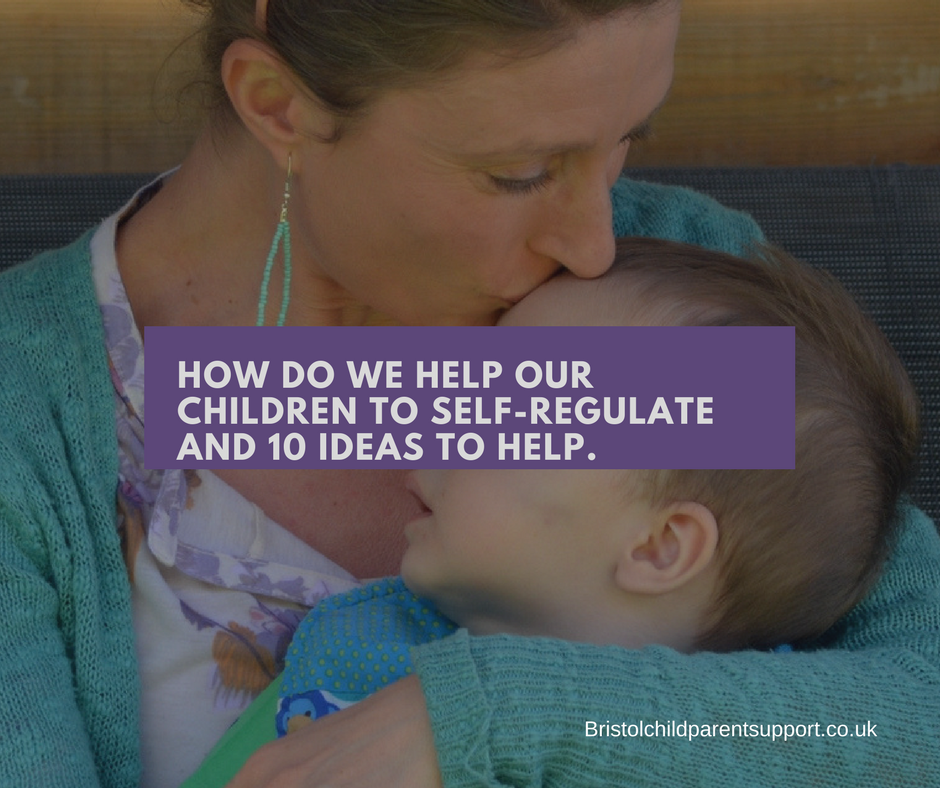It’s part of growing up to self-regulate and manage our emotions and other states, such as sleep and eating. In this blog, we will focus on emotional regulation. Do you remember your parents managing your emotions? What do you do to self-regulate?
I am sure you have witnessed a tantrum or two in your time. It’s something that we can expect from 18 months up to 3. Some children may continue into school age and beyond, which can be why parents seek help.
What is Self/Emotional Regulation?
Self-regulation is the ability to manage your emotions and behaviour following the demands of the situation. It includes reading others’ emotions and being able to calm/self soothe when you get upset, or being flexible to a change in an expectation or routine.
When does it start?
 It starts reasonably quickly from birth. Children can’t manage big feelings until the age of four, so keep that in mind when you get fed up with your three-year-old. A baby’s first emotional experience comes from you. Your baby experiences strong feelings and sensations and can’t understand what is going on. You help him understand him, comfort him, and explain those feelings to him. You must be tired, or oh, you must be hungry. By mirroring their feelings, you help them feel contained and understood.
It starts reasonably quickly from birth. Children can’t manage big feelings until the age of four, so keep that in mind when you get fed up with your three-year-old. A baby’s first emotional experience comes from you. Your baby experiences strong feelings and sensations and can’t understand what is going on. You help him understand him, comfort him, and explain those feelings to him. You must be tired, or oh, you must be hungry. By mirroring their feelings, you help them feel contained and understood.
You soothe the baby, so they can calm down and relax. Sometimes they learn to do this for themselves, which is what we mean by self-soothing/regulation. This process continues for a long time (up until 25) and helps your child feel safe and secure. In the brain’s architecture, interconnections can be fixed in their higher/rational mind (these are neurons trying to fix). When we develop the capacity in our higher mind, we can think, reflect, understand, and manage our emotions.
Why do some children struggle?
Many children are born with a certain temperament, and they may be harder to soothe as babies. The environment can also play a part in combination with neurodevelopmental disorders, such as ADHD and ASC, or processing and learning issues, such as Dyslexia or Dyspraxia. Anxiety plays a role, too; some children are born with a sensitive Amygdala. Many parents unintentionally prevent their children from learning to self-regulate. They may give in to tantrums or work overtime to soothe their children when they get upset and act out.
When do I need to be worried?
Each child’s brain develops at different rates. A three-year-old will have less capacity to think than a seven-year-old. All children present with emotional dysregulation at times, which is perfectly normal. You may be concerned if:
- Do you feel the behaviour is developmentally appropriate??
- Is it impacting at home and at school??
- Do you think the behaviour occurs with no triggers??
- Does it last for hours, and you cannot help them at the moment?.
Clinicians often look at the child’s developmental history and age, temperament, intensity, and duration. All factors need to be considered to make a formulation. Please understand that no child wants tension or purposely wants to behave in a certain way. They often don’t choose to act in school and behave differently at home, and I am sure neither do you.
What can I do?
Seek help if you are worried, and for some tips on emotional regulation, you can download my top ten tips if you missed them before. All my workshops have ideas you can implement to enable your child to regulate. I look forward to meeting you there or booking a consultation.
Free Download Children’sEmotions-2018, How to help my child regulate
Related Blogs:
https://bristolchildparentsupport.co.uk/the-importance-of-self-soothing-for-sleep/
Following this blog, several parents have contacted me regarding the difficulties and task of trying to regulate their emotions whilst attending to their children. Without breaking the connection or hurting each other. This is one of the biggest parenting tasks, and I will be posting more throughout the year and sharing in workshops.
In the interim, an excellent website, Centre for Clinical Interventions, offers a whole course free to help adults/teenagers understand emotional dysregulation and manage distress. This works for some, but sometimes we need another mind to help us. With Love and Respect, Catherine
Click on the link below http://www.cci.health.wa.gov.au/resources/infopax.cfm?Info_ID=54.



